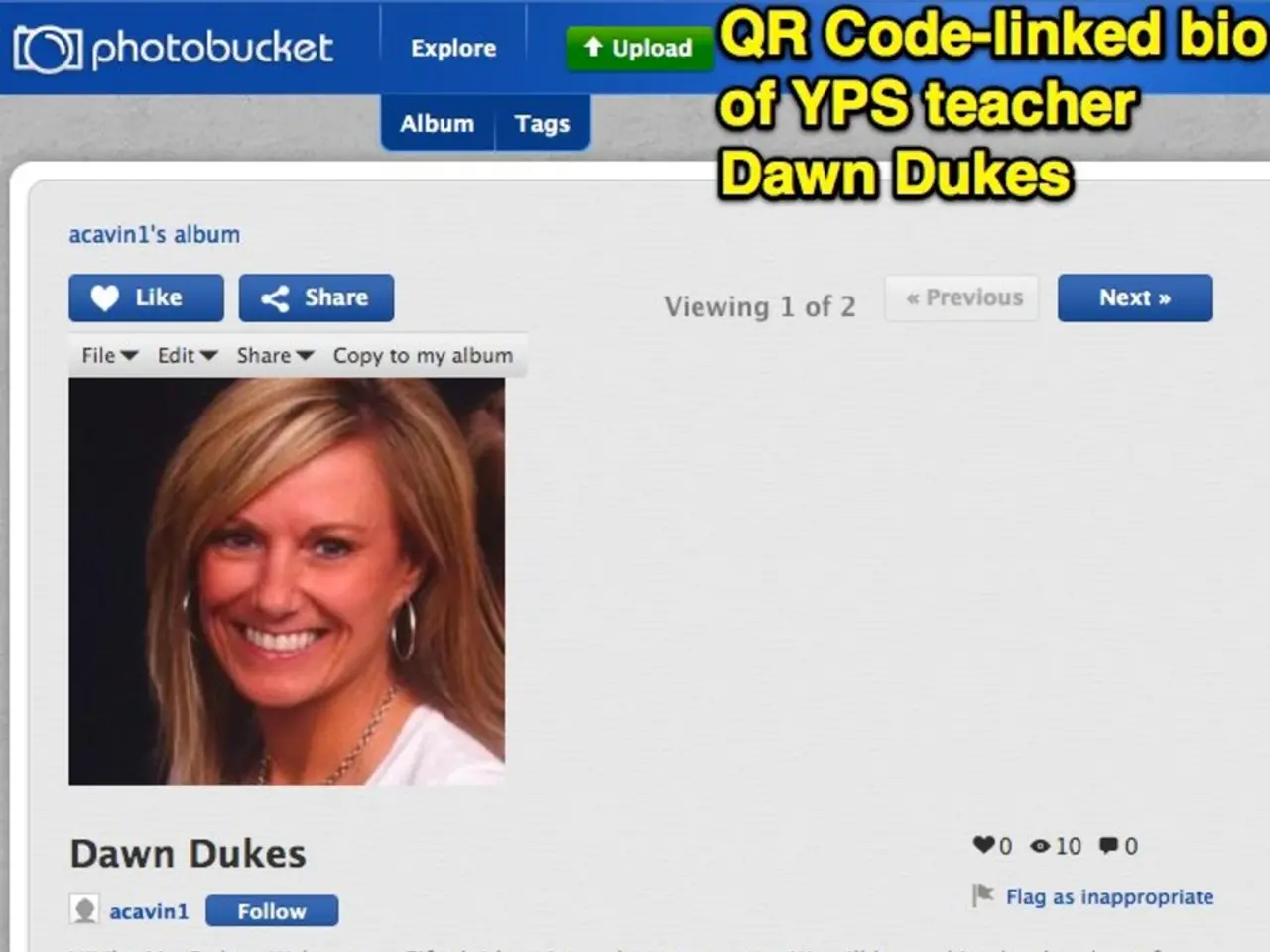Public Institutions' Trust Decrease Cannot Be Attributed Exclusively to Social Media Platforms
In the current European landscape, trust in government institutions is a pressing issue. A recent survey by Eurofound, an EU agency focused on improving living and working conditions, has revealed a correlation between using social media as a news source and lower trust in established institutions, including the government [2]. However, the connection between social media and lower trust is not as straightforward as claimed by some sources [5].
The Reuters Institute's 2022 Digital News Report sheds light on this complex relationship. The report indicates that higher reliance on social media for news generally correlates with lower trust in government institutions [1]. This is partly because social media platforms often expose users to misinformation and polarizing content, which can undermine confidence in official institutions and democratic processes [1].
The report further emphasizes that the decline in trust is not solely due to individual media use patterns but also reflects broader structural changes in the media environment, with social media playing a significant role in these shifts [1]. Institutional regulation and efforts to improve transparency and credibility on social media platforms are seen as important steps toward restoring trust in government and the media [1].
The Eurofound survey also highlights that in France, trust is correlated with economic status. Economically disadvantaged groups report lower trust in traditional media than affluent groups [4]. In Eastern and Southern Europe, lower trust goes along with higher perceived interference in the media by politicians and businesspeople [6].
The Reuters Institute report finds that lower trust in institutions is correlated with multiple factors which differ from country to country within Europe [7]. Major political challenges are the most consistent factor correlated with lower trust in institutions across the continent [8].
It's important to note that the data collected in these studies does not prove that social media causes its users to lose trust in government institutions [3]. Instead, it suggests a complex interplay between social media usage, misinformation, and trust in institutions.
Moreover, the report underscores that as more people turn to social media for news, traditional media's role as a trusted gatekeeper diminishes, leading to fragmentation in information consumption and challenges for institutions to maintain public trust [1]. This fragmentation calls for a healthy democratic society that allows citizens to use multiple sources of information to form their own opinion and express them freely [9].
In conclusion, the 2022 Digital News Report associates social media news use with weakened trust in government institutions, driven by misinformation exposure and media environment changes. Addressing this involves both regulatory and self-regulatory measures to enhance media credibility and transparency [1]. Blaming rising distrust in traditional media and government on social media is like blaming the French Revolution on the printing press [5]. Instead, policymakers and institutions should focus on fostering a media landscape that encourages critical thinking, transparency, and credibility.
[1] Reuters Institute for the Study of Journalism (2022). Digital News Report 2022. Oxford: Reuters Institute for the Study of Journalism. [2] Eurofound (2022). Eurofound survey on living, working and COVID-19 in Europe. Luxembourg: Publications Office of the European Union. [3] Kalfin, I. (2022, July 14). Social media does not cause mistrust in government, says Eurofound chief. Euractiv. [4] Médias Économiques (2022). La confiance des Français envers les médias traditionnels varie en fonction de leur statut économique. Médias Économiques. [5] Kalfin, I. (2022, July 14). Blaming social media for mistrust in government is like blaming the printing press for the French Revolution. Euractiv. [6] Eurofound (2022). Eurofound survey on living, working and COVID-19 in Europe. Luxembourg: Publications Office of the European Union. [7] Reuters Institute for the Study of Journalism (2022). Digital News Report 2022. Oxford: Reuters Institute for the Study of Journalism. [8] Kalfin, I. (2022, July 14). Governments are struggling to address these challenges. Euractiv. [9] Kalfin, I. (2022, July 14). A healthy democratic society allows citizens to use multiple sources of information to form their own opinion and express them freely. Euractiv.
- The Reuters Institute's 2022 Digital News Report suggests a correlation between higher reliance on social media for news and lower trust in government institutions, due to the exposure of users to misinformation and polarizing content on these platforms.
- The Eurofound survey points out that, in France, economic status also plays a role in trust levels towards traditional media, with economically disadvantaged groups reporting lower trust compared to affluent groups.
- It's important to note that the data collected in these studies does not prove that social media directly causes its users to lose trust in government institutions; instead, it suggests a complex interplay between social media usage, misinformation, and trust in institutions.
- The report emphasizes that addressing lower trust in institutions requires both regulatory and self-regulatory measures to increase media credibility and transparency.
- As policymakers and institutions work towards fostering a media landscape that encourages critical thinking, transparency, and credibility, it's essential to promote a democratic society that allows citizens to use multiple sources of information to form their own opinions and express them freely.








